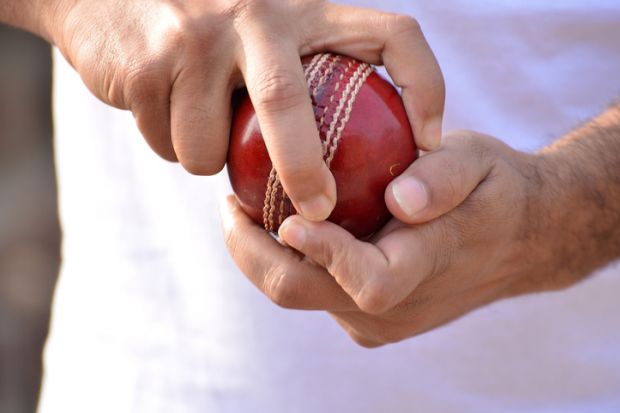More than half of recent papers describing randomised controlled trials in leading psychiatry and psychology journals attempted to “spin” their results, with a potentially damaging impact on patient care, a study says.
Spin – defined as the “use of specific reporting strategies, from whatever motive, to highlight that the experimental treatment is beneficial, despite a statistically non-significant difference for the primary outcome, or to distract the reader from statistically non-significant results” – was found in 56 per cent of papers examined by researchers from Oklahoma State University.
They examined accounts of 116 randomised controlled trials published in leading journals between 2012 and 2017.
Outlining their findings in BMJ Evidence-Based Medicine, the authors say that randomised controlled trials serve as the “gold standard in psychiatry”, and hence for clinical practice “it is imperative that results be reported objectively”.
In fact, the authors say that they found spin in 21 per cent of abstract results sections, and 49 per cent of abstract conclusion sections. Spin was identified in main results and conclusions sections in 15 per cent of papers, and in 2 per cent of titles.
The researchers say that their findings are particularly concerning in light of a 2014 study of 300 oncologists who were given two abstracts of a paper to read – one with spin, one without. Participants rated the paper with “spun” abstracts as being more beneficial.
Meanwhile, separate studies have found that positive results were more likely to be published, and that 15 per cent of peer reviewers asked authors to add spin to their manuscripts.
“Researchers have an ethical obligation to honestly and clearly report the results of their research,” the paper says. “Adding spin to the abstract of an article may mislead physicians who are attempting to draw conclusions about a treatment for patients.
“Most physicians read only the article abstract the majority of the time.”
The paper was written by Samuel Jellison, Will Roberts, Aaron Bowers, Tyler Combs, Jason Beaman, Cole Wayant and Matt Vassar. They say that there was no correlation between whether a paper received industry funding and whether it contained spin.
The authors recommend that guidelines designed to ensure accurate and transparent reporting of trial results should be updated and observed more widely, and that journal editors should consider inviting reviewers to comment on the presence of spin in submitted papers.
POSTSCRIPT:
Print headline: Half of papers on psychiatry trials ‘spin results’
Register to continue
Why register?
- Registration is free and only takes a moment
- Once registered, you can read 3 articles a month
- Sign up for our newsletter
Subscribe
Or subscribe for unlimited access to:
- Unlimited access to news, views, insights & reviews
- Digital editions
- Digital access to THE’s university and college rankings analysis
Already registered or a current subscriber? Login








